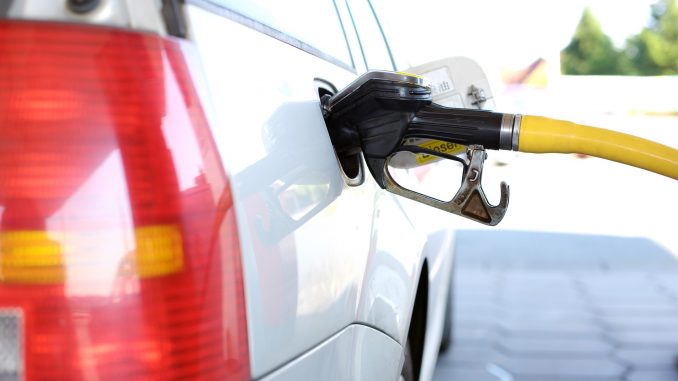
Soaring fuel prices continue to disrupt the national market. Confronted with the increase in the price of hydrocarbons and charges related to the cost of storage and transport, the owners of service stations have taken up the cudgels with the government, demanding support measures. In the absence of a response from the Executive, they have declared themselves ready to resort to a strike. This is in any case the threat brandished by the National Federation of Owners, Traders and Managers of Service Stations in Morocco, which has just published a press release in which it has sounded the alarm on the impact of the price increase currently observed on the competitiveness of service stations.
In this press release, which looks like a letter of protest, the Federation called on the ministry in charge, which is none other than the Ministry of Energy Transition and Sustainable Development, to intervene and end its silence. A silence that seems to annoy the professionals who did not fail to underline it in the document. On this point, the Federation recalled that it had requested Minister Leila Benali to meet with the owners and managers of service stations to take stock of the current situation. So far, no meeting has taken place, the statement said.
Not hiding its willingness to appeal to all the ministerial departments concerned, the Federation announced its willingness to also refer to the Competition Council.
In order to get out of the current crisis, the professionals have announced a series of grievances, namely tax exemptions. They demand an exemption from the minimum contribution applicable to turnover. This demand is justified by the increase of the tax due to the increase of the turnover and which does not benefit at all the service stations since the profit margin remains fixed whatever the selling price.
It should be remembered that the prices of diesel and unleaded petrol have reached unprecedented levels (nearly 15 dirhams per litre). This staggering increase is attributable to the surge in the price of a barrel of oil during the month of March. The price of a barrel of oil fell slightly in April to 99 dollars, whereas it peaked at 113 dollars in early March. If this downward trend continues in the coming weeks, it is possible that fuel prices will also fall, but this will take time as stocks purchased at March prices need to be cleared.
In order to mitigate the impact of this increase on the purchasing power of citizens, the government has provided exceptional financial assistance to transport professionals to stabilise prices for the transport of goods and people.

Be the first to comment